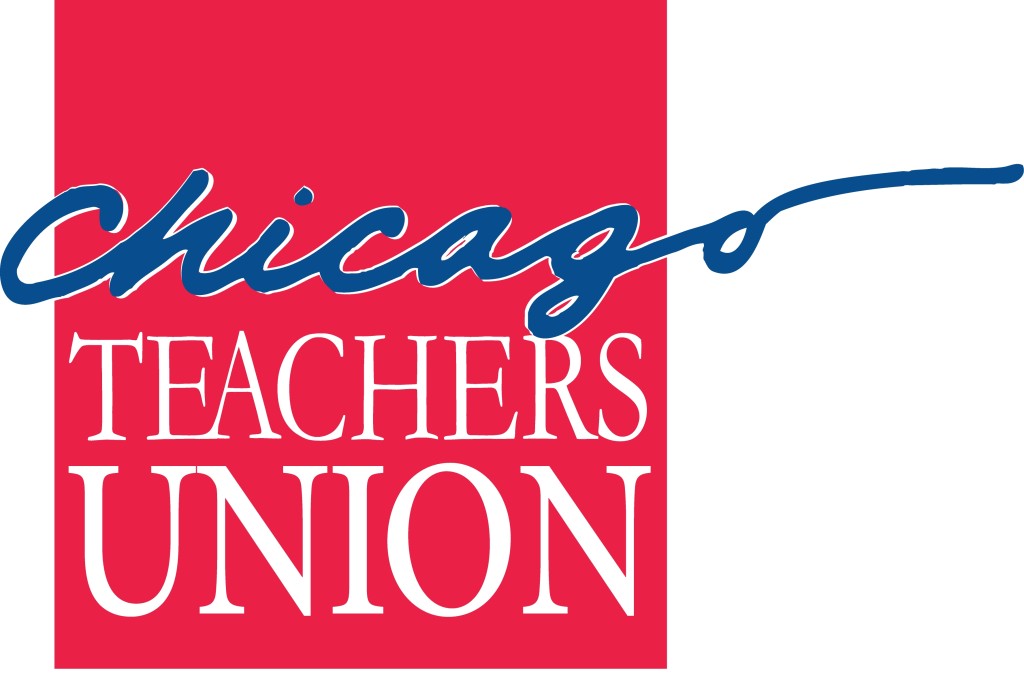Yesterday the Chicago Teachers Union roundly rejected a contract offer from the Chicago Public Schools. The offer was described by CPS CEO Forrest Claypool as containing “a short-term sacrifice” in return for overall pay increases and other concessions. The CTU said that Claypool’s “short-term sacrifice” would amount to “long-term pain” for the teachers they represent.
I’m not sure the district has necessarily made the union an offer that they can’t refuse. But, I am struck by how the union seems unwilling to accept the very same deal that they just offered the students and families of Chicago. You know…short-term pain, long-term benefits. Yes, with the recent vote to authorize a strike should Chicago Public Schools not meet the demands of the CTU in the contract negotiation, the CTU made the potential for “short-term pain” a reality for students and families.
I was working with parents in communities around Chicago when teachers walked off the job for a week in 2012. I remember the frustration that parents had to deal with (even the many who supported the union strike) as they were searched for childcare and took days off work that they could not afford. I remember how my church in Englewood, and other churches and organizations around the city scrambled to organize staff and volunteers, and leveraged already scarce resources in order to provide a safe place for children during the work day. It was short-lived. But it was pain.
Beyond the stress that a strike will place on families and communities, we have to consider the education lost to students. In 2012, a week-long strike brought the district back to the bargaining table ready to capitulate. But, this time around there are fewer resources and the two sides are much further apart. Nobody imagines a strike shorter than a month at this point. At that length we are talking about serious interruptions in learning time.
There are a scant 180 instructional days in the school year (and yes that includes the Friday before Christmas break and the throw-away weeks of June). Everyone agrees that every one of those days matter. A lot. If teachers are out of the classrooms for a month or more, we’re talking about students missing out on somewhere between 10-15 percent of their instructional time. Some will say that they’ll just tack those days onto the end of the school year, but we all know how hard it is for students to recover from long periods of idleness. It will be all the more difficult as those recovery days begin to represent a disruption to the expected summer hiatus.
When parents miss days from work, and underfunded community and faith organization do unexpected spending; when students miss long periods of instructional time, the problems compound quickly. Short-term sacrifice, you might say, results in some long-term pain.
But, in the face of all this “pain”, the CTU assures students and families that their contract demands are as much about a quality education as they are about wages, pensions and other benefits. If the families and communities support the union even through a strike, we’ll all win in the end. Deal with the short-term pain and it will yield long-term benefits. Sounds really similar right?
What do you think? Sound off below.
@Christhecitizen
Latest posts by Chris Butler (see all)
- Fellow Parents of Color, We Really Can Do This Homeschooling Thing - April 13, 2020
- Elected School Board Is A Distraction, Not A Solution - March 20, 2017
- 3 Stupid, Racist Responses to Chance’s $1 Million Dollar Action - March 7, 2017
